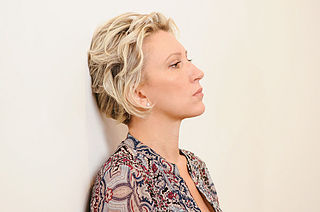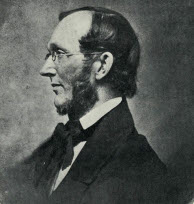A Quote by Swami Vivekananda
We should cultivate the optimistic temperament, and endeavour to see the good that dwells in everything. If we sit down and lament over the imperfection of our bodies and our minds, we profit nothing; it is the heroic endeavour to subdue adverse circumstances that carries our spirit upward.
Related Quotes
The paradox is that exactly the reverse is true. Everything that’s really worthwhile in life came to us free; our minds, our souls, our bodies, our hopes, our dreams, our ambitions, our intelligence, our love of family and children and friends and country. All these priceless possessions are free.
But the things that cost us money are actually very cheap and can be replaced at any time. A good man can be completely wiped out and make another fortune. He can do that several times. Even if our home burns down, we can rebuild it. But the things we got for nothing, we can never replace.
Work is an antidote for anxiety, and ointment for sorrow, and a doorway to possibility. Whatever our circumstances in life, my dear brethren, let us do the best we can and cultivate a reputation for excellence in all that we do. Let us set our minds and bodies to the glorious opportunity for work that each new day presents.
The image of the Goddess inspires women to see ourselves as divine, our bodies as sacred, the changing phases of our lives as holy, our aggression as healthy, our anger as purifying, and our power to nurture and create, but also to limit and destroy when necessary, as the very force that sustains all life. Through the Goddess we can discover our strength, enlighten our minds, own our bodies, and celebrate our emotions. We can move beyond narrow, constricting roles and become whole.
It was frankly sort of confusing, the way everyone stared at our bodies exactly as they tried to erase the ideas of our bodies from our minds. We were supposed to get over ourselves but no one was supposed to get over us. The female body was our worst handicap and our best advantage - the surest means to success, the surest course to failure.
Our great mistake in education is ... the worship of book-learning-the confusion of instruction and education. We strain the memory instead of cultivating the mind. ... We ought to follow exactly the opposite course with children-to give them a wholesome variety of mental food, and endeavour to cultivate their tastes, rather than to fill their minds with dry facts.
Realizing that our minds control our bodies while our bodies reflect our minds amounts to understanding the most fundamental aspects of ourselves. It further equals a comprehension of the relationship between our "tools." And since the mind and body are interrelated, this understanding makes it easier to see why coordinating them is a practical way of using these tools to greatest effect-a way of using the mind and body to live our lives as art.
Why should it be thought incredible that the same soul should inhabit in succession an indefinite number of moral bodies? Even during this one life our bodies are perpetually changing, through a process of decay and restoration; which is so gradual that it escapes our notice. Every human being thus dwells successively in many bodies, even during one short life.



































